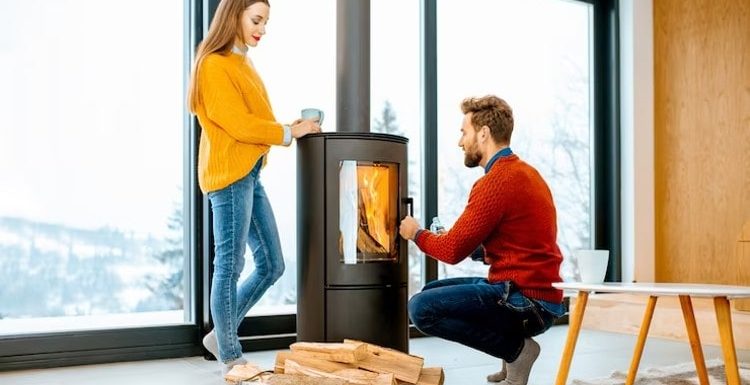
Introduction
In today’s fast-paced world, portable heaters and generators have become essential tools for individuals seeking comfort and convenience on-the-go or in emergency situations. Whether you’re camping in the great outdoors, facing power outages, or working in a temporary location, choosing the right portable heater and generator is crucial. Cantherm distributors play a vital role in providing a wide range of high-quality portable heaters and generators to meet your specific needs. This guide aims to provide you with valuable insights and factors to consider when selecting the best portable heaters and generators, ensuring that you make informed decisions for your comfort and safety.
Types of Portable Heaters
There are various types of portable heaters available in the market. Understanding each type will help you make an informed decision.
Electric Heaters: These are popular choices due to their convenience, safety features, and relatively quiet operation. They are suitable for smaller spaces and offer rapid heating.
Propane Heaters: Ideal for outdoor activities, propane heaters generate significant heat output. They require a propane tank and should only be used in well-ventilated areas.
Kerosene Heaters: Well-suited for large, poorly insulated spaces, kerosene heaters are known for their strong heat output. However, they emit fumes and require adequate ventilation.
Considerations for Choosing Portable Heaters
Heating Capacity: The heating capacity, measured in British Thermal Units (BTUs), indicates the heater’s ability to warm a particular space. Ensure the heater you choose matches the size of the area you intend to heat.
Energy Efficiency: Look for heaters with an energy-efficient design, as this will help you save on utility bills and minimize environmental impact.
Safety Features: Prioritize heaters with built-in safety features like tip-over protection, overheat protection, and cool-to-touch exteriors to prevent accidents and ensure peace of mind.
Noise Level: If you plan to use the heater in quiet environments, opt for models with lower noise levels for minimal disturbance.
Portability: Choose a lightweight and compact heater that is easy to carry and transport, especially if you plan to use it in multiple locations.
Types of Portable Generators
Portable generators come in different types, and each serves a specific purpose.
Gasoline Generators: These generators are widely available and offer a reliable power source. They are suitable for various applications but may emit more fumes and require periodic maintenance.
Propane Generators: Propane generators are cleaner-burning and have longer shelf life fuel, making them ideal for occasional use or long-term storage.
Solar Generators: Environmentally-friendly and noiseless, solar generators harness energy from the sun and store it for later use. They are perfect for outdoor activities and power small devices.
Considerations for Choosing Portable Generators
Power Output: Assess your power needs to determine the generator’s wattage requirements. Calculate the total wattage of the devices you intend to power simultaneously to find a generator that can handle the load.
Runtime: Consider the generator’s runtime on a single tank or charge, especially during extended power outages or camping trips where refueling may not be readily available.
Portability and Mobility: Opt for a generator with durable wheels and a comfortable handle to ease transportation.
Noise Level: Look for generators with noise reduction features to minimize disruptions and comply with noise regulations in certain areas.
Outlets and Connectivity: Ensure the generator has sufficient outlets and different types (e.g., USB ports, AC outlets) to accommodate your devices’ requirements.
Generator Safety
Grounding and Enclosures: Look for generators with proper grounding features to prevent electric shock hazards. Enclosed generators offer additional protection against environmental elements and reduce noise levels.
Carbon Monoxide (CO) Detector: If you opt for a fuel-powered generator, consider purchasing a separate CO detector. Carbon monoxide is a silent, odorless gas that can be deadly in enclosed spaces, so having a reliable detector is crucial.
Fuel Storage: If you plan to store fuel for an extended period, ensure you do so in approved containers in a well-ventilated area away from potential ignition sources.
Conclusion
In conclusion, selecting the best portable heaters and generators requires thoughtful consideration of various factors such as heating capacity, energy efficiency, safety features, and power output. Understanding the different types of heaters and generators available in the market will help you make an informed decision that aligns with your specific needs and preferences. Whether you’re planning a camping trip, facing power outages, or need a reliable heat and power source on-the-go, the right portable heaters and generators can provide you with comfort, convenience, and peace of mind. Take the time to research and compare different models, read customer reviews, and invest in high-quality products that suit your lifestyle for optimal performance and longevity.
